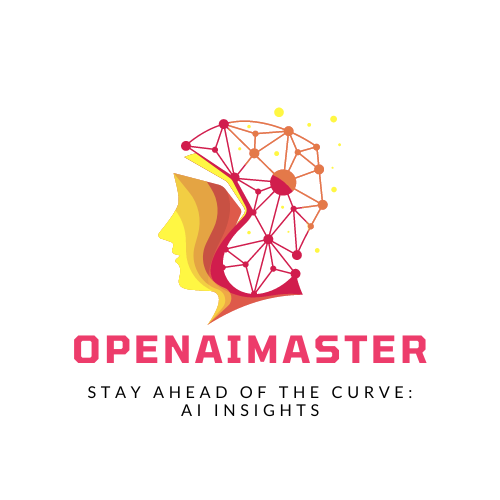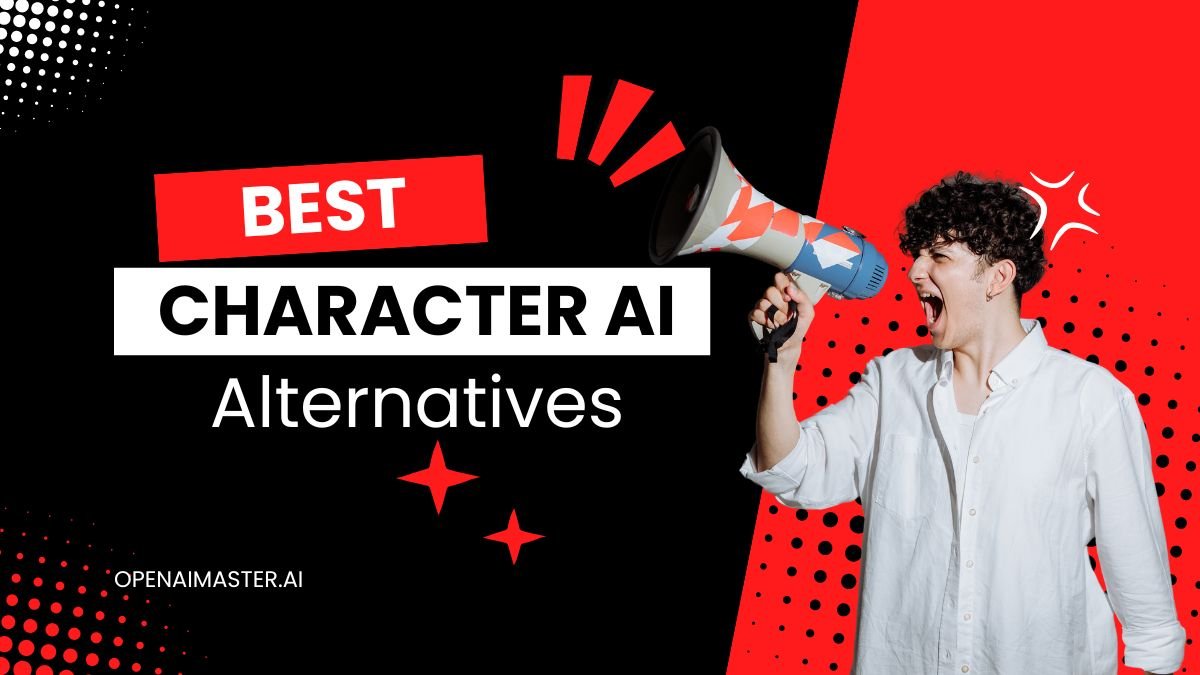Introduction
The rise of large language models (LLMs) and deep machine learning techniques has opened up a new frontier in human-computer interaction. Character AI, a trailblazer in this field, has introduced a platform where users can create and interact with virtual characters based on fictional, historical, or celebrity figures. These characters engage in remarkably human-like conversations, blurring the lines between reality and fiction.
However, as with any innovative technology, Character AI has its limitations, prompting the development of alternative platforms that cater to diverse user needs and preferences. From creative writing and storytelling to personalized companionship and unrestricted conversations, these alternatives offer a range of features and experiences, each designed to captivate and engage users in unique ways.
What is Character AI?
Character AI is an advanced chatbot platform that allows users to create and interact with virtual characters. These characters can be based on fictional, historical, or celebrity figures, and they engage in human-like conversations using large language models (LLMs) and deep machine learning techniques.
Key Features and Capabilities
- Human-like Interactions: Character AI uses neutral language models to generate text responses that mimic human conversation, making interactions feel natural and realistic.
- Character Creation: Users can create their own AI characters by defining various attributes such as name, personality traits, physical characteristics, and background. This customization allows for highly personalized interactions.
- Diverse Themes and Characters: The platform offers a wide range of pre-made characters, including famous personalities, historical figures, and fictional characters. Users can also create characters for specific themes like education, entertainment, or emotional support.
- Advanced Definition Tool: The definition tool is a powerful feature that allows users to set detailed parameters for their characters, including speech patterns, personality traits, and example dialogues. This helps in creating more consistent and engaging characters.
- Multi-Bot Conversations: Character AI supports group chats where multiple characters can interact with each other and the user simultaneously, enhancing the conversational experience.
- Mobile Accessibility: The platform is available on both Android and iOS, allowing users to engage with their characters on the go.
- Educational and Therapeutic Uses: Character AI can be used for educational purposes, such as language learning or historical exploration, and for therapeutic support, providing comfort and advice through empathetic characters.
Best Character AI Alternatives
While Character AI has pioneered the interactive storytelling experience, several alternative platforms have emerged, each offering unique features and capabilities. Here are some of the best alternatives to Character AI:
1. NovelAI
Focus: Creative writing, storytelling, and image generation.
Features: User-friendly interface, fantasy-style art generation, ideal for Dungeons & Dragons players.
Pros: Advanced narrative generation, immersive storytelling.
Cons: May have content moderation filters.
2. Kajiwoto
Focus: Personalized AI companions.
Features: Customizable appearances and behaviors, message limit per chat.
Pros: Unique personality chat experience, humanistic interactions.
Cons: Restrictive message limits.
3. Chai AI
Focus: Human-like responses and unrestricted chats.
Features: Advanced language processing, no custom avatars.
Pros: Realistic interactions, large community.
Cons: Lack of complex avatars or customization.
4. Janitor AI
Focus: Specialized content and chatbots.
Features: Tailored experiences for specific interests.
Pros: Engaging and customized interactions.
Cons: Niche content may not appeal to all users.
5. Charstar AI
Focus: Dynamic dialogues and unrestricted conversations.
Features: Allows creation of AI characters, no filters.
Pros: Natural conversations, expressive interactions.
Cons: Limits on character creation and message count.
6. Replika
Focus: Emotional support and companionship.
Features: Empathetic interactions, mental wellness support.
Pros: High emotional intelligence, supportive dialogues.
Cons: May have content filters.
7. Tavern AI
Focus: Engaging character dialogues and storytelling.
Features: Dynamic conversations, narrative weaving.
Pros: Emotional bond with AI characters, enhanced storytelling.
Cons: May require more user input for complex interactions.
8. Botify AI
Focus: Unrestricted conversations with various characters.
Features: Available on multiple platforms, diverse character options.
Pros: No content filters, wide range of characters.
Cons: No custom character creation, higher subscription costs.
9. Anima
Focus: Emotionally intelligent interactions.
Features: Empathy-driven engagement, mental health support.
Pros: Safe and supportive interactions, high emotional intelligence.
Cons: May have content moderation filters.
10. AI Dungeon
Focus: Text-adventure games and storytelling.
Features: AI-generated stories, customizable game maps.
Pros: Interactive and immersive gameplay, creative freedom.
Cons: Subscription required for full features.
Conclusion
The world of interactive storytelling is rapidly evolving, and platforms like Character AI and its alternatives are at the forefront of this transformation. While Character AI has pioneered the creation and interaction with virtual characters, the alternatives offer a diverse range of features and experiences tailored to different user needs and preferences.
From creative writing and storytelling to personalized companionship and unrestricted conversations, these platforms cater to a wide array of interests and goals. Some focus on emotional support and mental wellness, while others prioritize immersive gameplay and creative freedom.
As these technologies continue to advance, we can expect even more innovative and engaging experiences in the realm of interactive storytelling. However, it is crucial to be mindful of the potential limitations and risks associated with these platforms, such as content accuracy and privacy concerns.
Ultimately, the choice of platform will depend on individual preferences, goals, and the desired level of customization and interactivity. Whether you seek a dynamic storytelling experience, a personalized AI companion, or an immersive text-adventure game, the ever-growing landscape of interactive storytelling platforms has something to offer for everyone.




